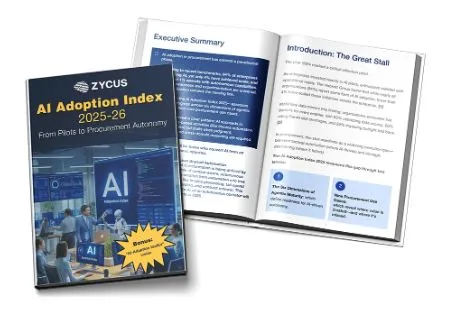Smart Labels: The Future of Packaging Intelligence
The packaging industry is experiencing a technological revolution. Smart labels powered by RFID technology are transforming how businesses track, manage, and interact with their products throughout the supply chain. These intelligent solutions are moving beyond simple identification to create dynamic, data-rich packaging ecosystems.
Unlike traditional barcodes that require line-of-sight scanning, RFID smart labels can be read wirelessly from several metres away. This capability is reshaping inventory management, supply chain visibility, and customer engagement across industries from retail to pharmaceuticals.
Understanding RFID Technology in Smart Labels
RFID (Radio Frequency Identification) technology uses electromagnetic fields to automatically identify and track tags attached to objects. RFID chip labels contain a microchip and antenna that communicate with RFID readers, transmitting unique identification data and other stored information.
The technology operates across different frequency ranges, with UHF RFID labels (Ultra High Frequency) becoming increasingly popular for supply chain applications. UHF systems offer extended read ranges of up to 12 metres and can process multiple tags simultaneously, making them ideal for warehouse operations and retail environments.
Key Benefits of RFID Smart Labels
Enhanced Inventory Accuracy
RFID labels enable real-time inventory tracking with accuracy rates exceeding 99%. Businesses can conduct complete inventory counts in minutes rather than hours, dramatically reducing labour costs whilst improving stock visibility.
Improved Supply Chain Transparency
Smart labels create an audit trail from manufacturing to end consumer. Each scan captures timestamp, location, and handling data, providing unprecedented visibility into product journeys and enabling rapid response to quality issues or recalls.
Automated Data Collection
RFID technology eliminates manual scanning processes. Products equipped with RFID smart labels automatically register when passing through checkpoints, reducing human error and accelerating processing times.
Anti-Counterfeiting Protection
Advanced RFID chip labels can incorporate security features that are difficult to replicate, helping brands protect against counterfeit products and maintain consumer trust.
Industry Applications
Retail and Fashion
Major retailers use UHF RFID labels to track individual garments from distribution centres to store shelves. This technology reduces out-of-stock situations, improves inventory turnover, and enables innovative customer experiences like smart fitting rooms.
Pharmaceuticals
Smart labels help pharmaceutical companies comply with serialisation regulations whilst enabling track-and-trace capabilities. RFID technology supports temperature monitoring and tamper detection, crucial for maintaining drug safety and efficacy.
Food and Beverage
RFID labels assist in managing perishable goods by tracking expiration dates and storage conditions. This application reduces waste, ensures freshness, and helps maintain food safety standards throughout the supply chain.
Implementation Considerations
Cost Analysis
Whilst RFID smart labels cost more than traditional labels, the investment often pays for itself through improved efficiency and reduced labour costs. Businesses should evaluate the total cost of ownership, including readers, software, and training.
Infrastructure Requirements
Successful RFID implementation requires compatible readers, middleware software, and integration with existing systems. Planning for adequate network coverage and data management capabilities is essential.
Privacy and Security
RFID labels raise privacy considerations, particularly in consumer-facing applications. Implementing appropriate security measures and transparent data handling policies helps address these concerns.
The Road Ahead
Smart labels represent just the beginning of packaging intelligence evolution. Future developments will likely integrate sensors for temperature, humidity, and tamper detection, creating truly intelligent packaging that monitors product condition in real-time.
As manufacturing costs decrease and technology advances, RFID smart labels will become standard across more industries. Businesses that adopt this technology early position themselves to capitalise on improved operational efficiency and enhanced customer experiences.
The transformation is already underway. Smart labels are converting static packaging into dynamic information platforms that drive business value and consumer engagement.




